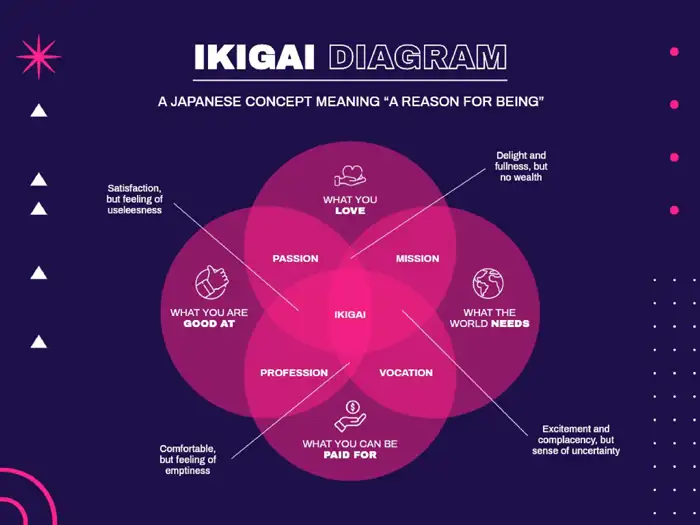A New Year’s resolution is a tradition, most common in the Western World but also found in the Eastern World, in which a person resolves to continue good practices, change an undesired trait or behavior, accomplish a personal goal, or otherwise improve their life at the start of a new year.
Source: https://en.wikipedia.org/
What is the most common new year’s resolution?
New Year’s resolutions typically address the essential aspects of life, such as health, feelings of wellbeing, social connections, or finances.
In fact, according to a study by Ipsos for Urban Plates, the most popular New Year’s resolutions are:
- Managing finances better
- Eat healthier
- Be more active
- Lose weight
- Improve mental wellbeing
- Improve social connections
Source: https://www.oberlo.com/
why most new year’s resolutions fail?
According to the time management firm Franklin Covey, one third of resolutioners don’t make it past the end of January. A lot of these resolutions fail because they’re not the right resolutions. And a resolution may be wrong for one of three main reasons:
- It’s a resolution created based on what someone else is telling you to change.
- It’s too vague.
- You don’t have a realistic plan for achieving your resolution.
Your goals should be smart — and SMART. That’s an acronym coined in the journal Management Review in 1981 for specific, measurable, achievable, relevant and time-bound. It may work for management, but it can also work in setting your resolutions, too.
Source: https://www.nytimes.com/
How you can create lasting changes?
According to the transtheoretical model of change, there are five basic stages you’ll pass through before creating a change in your life (like giving up smoking or starting a new diet):
- Precontemplation: You deny having a problem, but other people may be concerned.
- Contemplation: You think about the pros and cons of change.
- Preparation: You take steps to get ready to make a change.
- Action: You change your behavior.
- Maintenance: You figure out how to stick to your change over the long-term.
Source: https://www.psychologytoday.com/




می خوام بیشتر ایرانی سبت بکنم
می خوام بیشتر درس بخونم
👏آفرین
می خواهم بیشتر فارسی صحبت بکنم